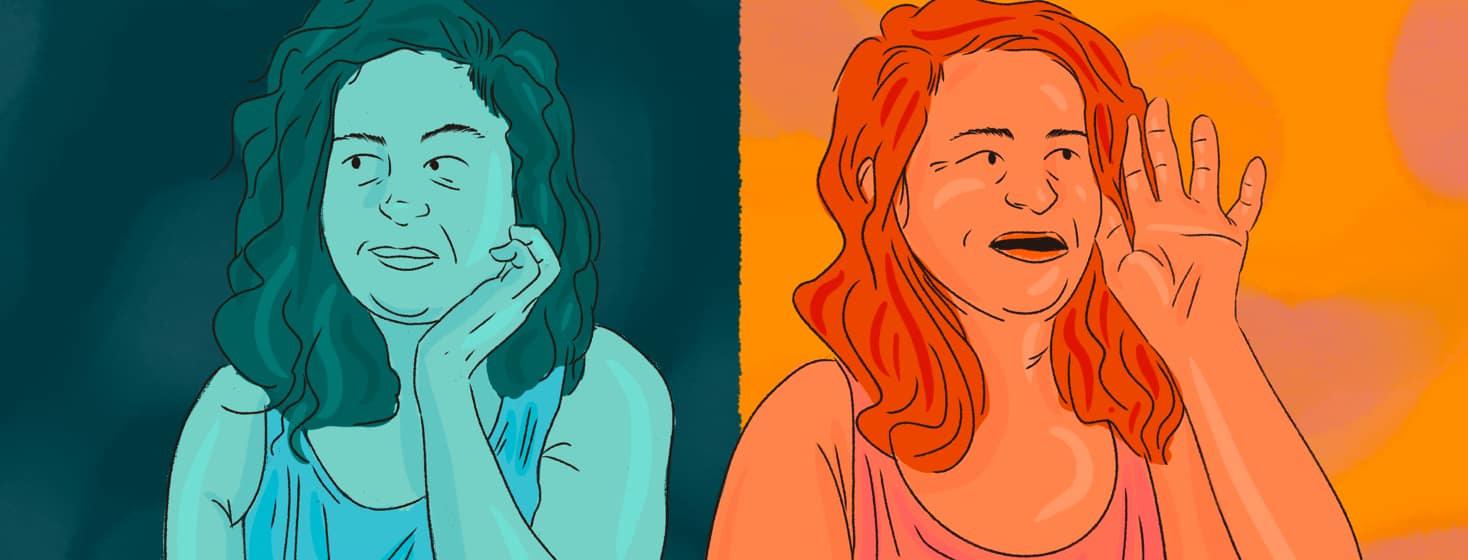From Shame to Sharing: A Personal Journey
I have always thought of myself as a helpful person, yet I have always struggled with asking for help when I need it. When I first experienced symptoms of ulcerative colitis as a senior in college, I hid it from everyone around me. I was embarrassed by my symptoms, including the urgent need to use the bathroom, noisy diarrhea, and bloody stools.
Even though I was suffering, I continued working, attending classes, and kept those around me in the dark about what I was experiencing. I was constantly worried, on edge, and fatigued.
Symptoms were constantly in the background
My symptoms, though silent, never left my mind and severely disrupted by mental health during this time. I knew something was badly wrong, yet I tried to ignore it, hoping it would go away.
All of this carried on for almost a month before I ended up in the ER one night after experiencing severe bleeding that finally shocked me into getting help.
Finding myself in the ER at 3 am was a wake-up call. I had ignored my body, pushed myself beyond my physical and mental boundaries, and shut out my friends and family when I had needed them most.
I was so scared of what I was experiencing that I had wanted to deny the reality of my situation, and telling others seemed to make it too real.
Realizing that I can't cope with this condition on my own
Sitting in the ER, however, I realized it had been real regardless of how much I had tried to deny it. In that ER, I recognized how much I not only wanted comfort but needed it. I couldn’t do this alone.
After that ER visit and my eventual diagnosis, I became almost frantic to find information about ulcerative colitis and to read and hear about others’ experiences. Through online message boards, I learned that I was not alone in all of those symptoms that had seemed so shameful, embarrassing, and isolating.
Others’ stories gave me the power and strength to talk about my experiences, starting with telling close family and friends about my diagnosis. I started to identify what I was comfortable sharing and how I could talk about my illness with others.
Struggling with shame around UC
In the years since my diagnosis, I have continued to struggle with the shame of this illness at times. We live in a society that automatically believes gut issues are something to be kept to ourselves, but it’s that shame that led me to the ER in the first place, so I try to choose not to listen to it.
I have gotten better at fighting that shame and building a network of people around me who support me and uplift me on days when my UC brings me down. As I opened up about my UC, I started to see that the more I talked about my illness and exposed it, the less power it held over me.
Opening up and sharing my story
Just this past year, for the first time, I shared my experience with UC on my personal social media. I was so nervous to make the post, it probably took me at least 15 minutes to press the share button. When I did, though, I was encouraged to receive positive feedback and support from several of my friends.
It was a great reminder that our fear tries to keep us isolated and alone, while our vulnerability is what brings us closer to others. If there’s anything those of us suffering from IBD need, it’s as much support and caring as we can get, so when I can, I choose vulnerability.

Join the conversation